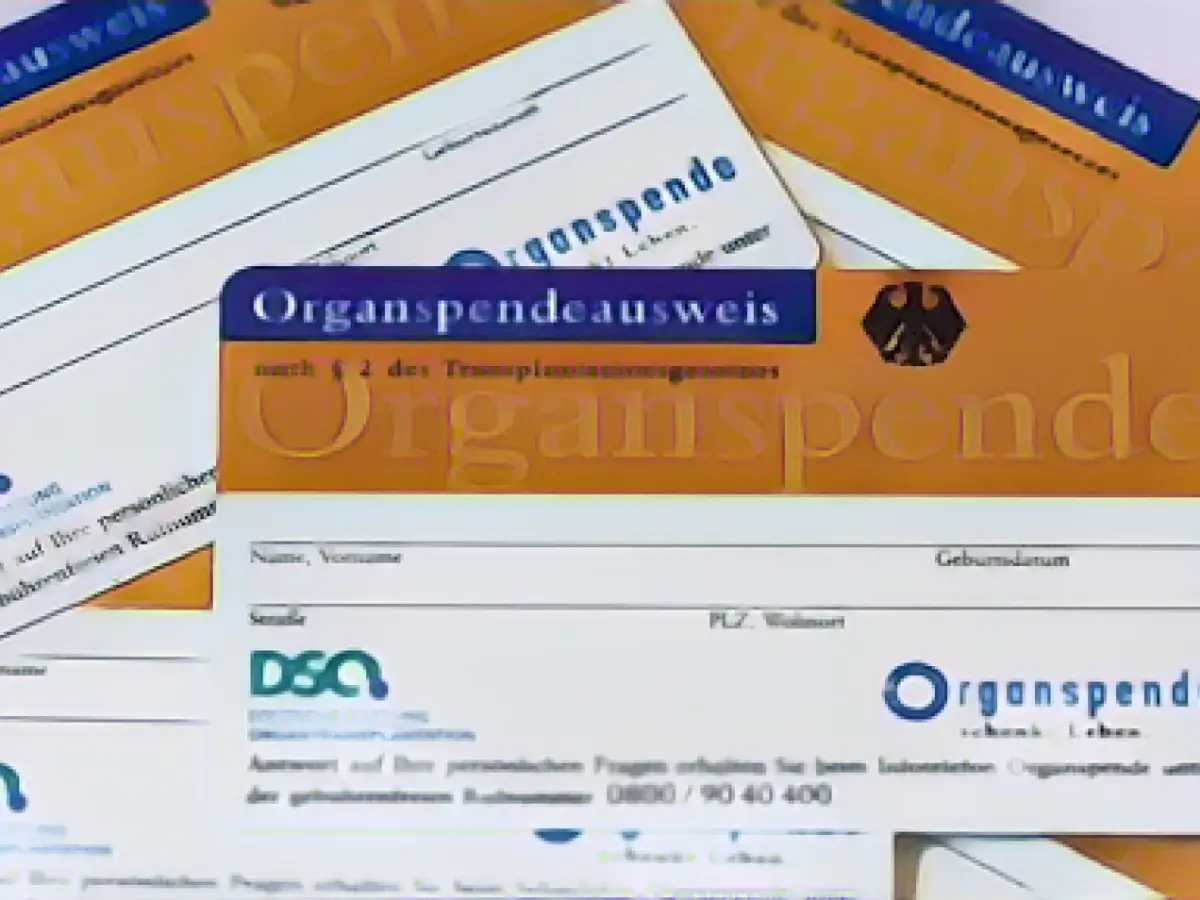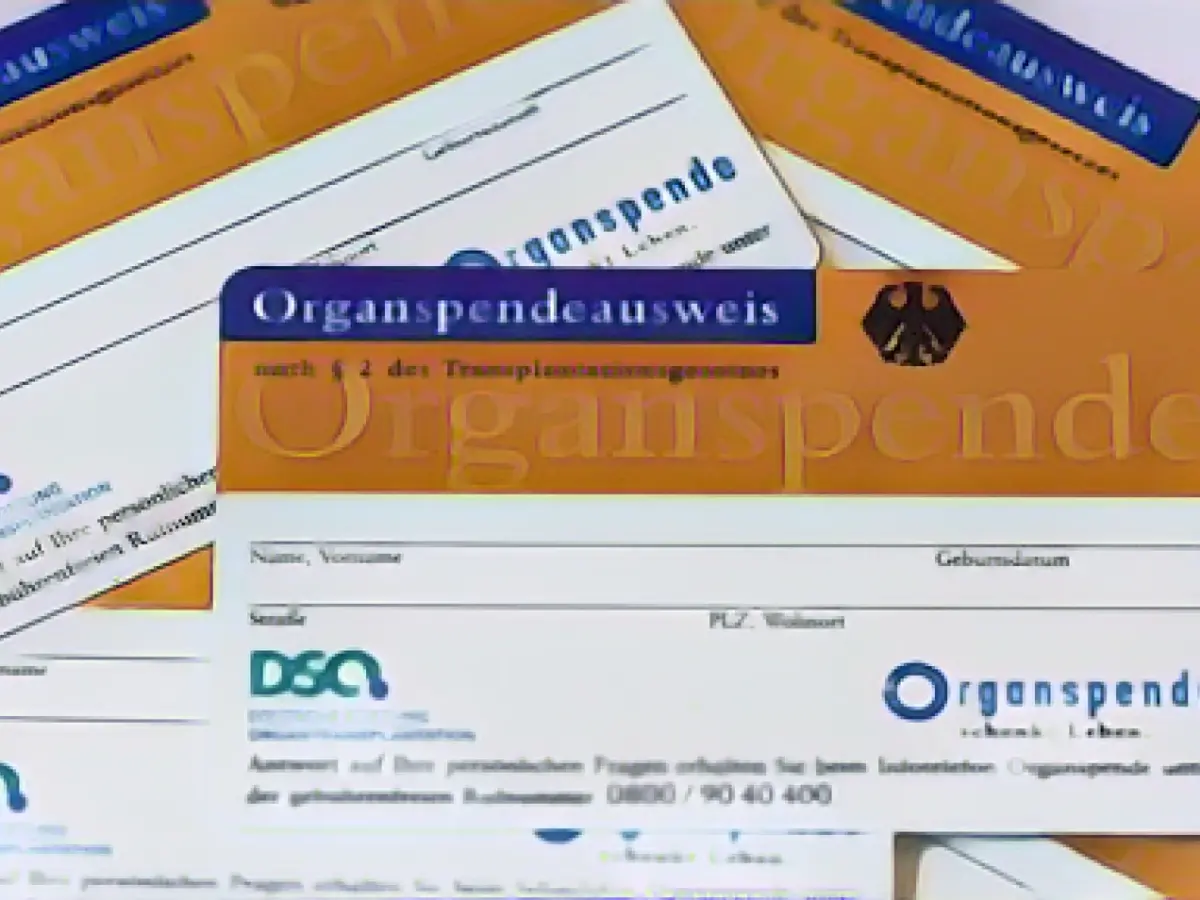Organ Donors: Lottery as a Solution? Might Just Work Elsewhere
Two academics from Germany suggest that introducing a lottery system could motivate more individuals to register as organ donors. Hanno Beck of Pforzheim University and Aloys Prinz from the University of Münster propose an annual lottery, where every organ donor card holder automatically participates. The lottery would boast prizes of 10 million, 5 million, and 1 million euros hosted by the government or health insurance companies. However, the notion has garnered skepticism and criticism, mostly due to the lack of a donor registry in Germany.
Lessons from Other Countries
In countries such as Taiwan, Malaysia, Chile, Puerto Rico, Brazil, and the Philippines, lotteries are already used to encourage tax invoice registration to prevent tax evasion. Unexpectedly, the economists believe that the same strategy could raise awareness of increasing organ donors.
German Resistance
Although the German Transplantation Society (DTG) supports efforts to boost organ donation, they can't implement a lottery among organ donor card holders due to the lack of a donor registry in Germany. The Federal Ministry of Health also opposes the proposal, stating that organ trading is against the Transplantation Act.
Ethical Considerations
Law professor Steffen Augsberg, a member of the German Ethics Council, believes that commercialization cannot be the answer. He suggests that donating organs should stem from personal conviction rather than financial need, to prevent those with financial worries from obtaining organ donor cards, leading to a potential price increase.
Alternative Solutions
The debate over increasing organ donations in Germany continues, with the German Organ Transplantation Foundation calling for the implementation of opt-out solutions, organizational improvements, and guideline changes to allow for organ removal after cardiac arrest.
Controversy of the Lottery Idea
The economists propose potential problems with the idea, such as individuals with unhealthy lifestyles registering as donors due to the incentive to win the lottery. However, they suggest requiring at least a one-year commitment to being registered as a donor to join the lottery as a potential solution.
A lottery may seem like an unconventional way to encourage organ donations, but its effectiveness in countries like Taiwan and Malaysia demonstrates that it could be a viable option. The debate in Germany remains heated, with skepticism and ethical concerns preventing any immediate action. Despite these challenges, alternative solutions continue to be explored to address the ongoing organ donation shortage in the country.






